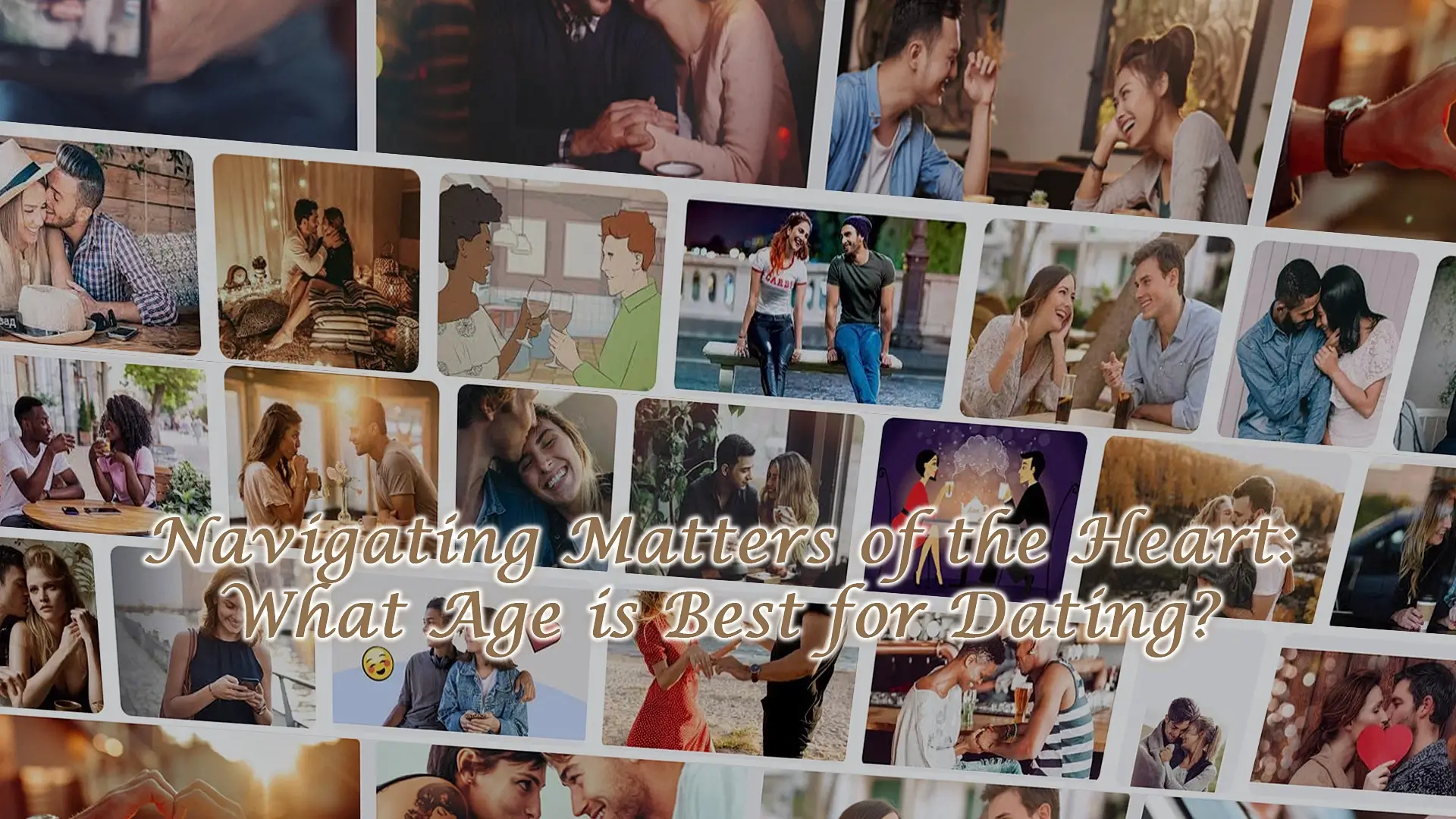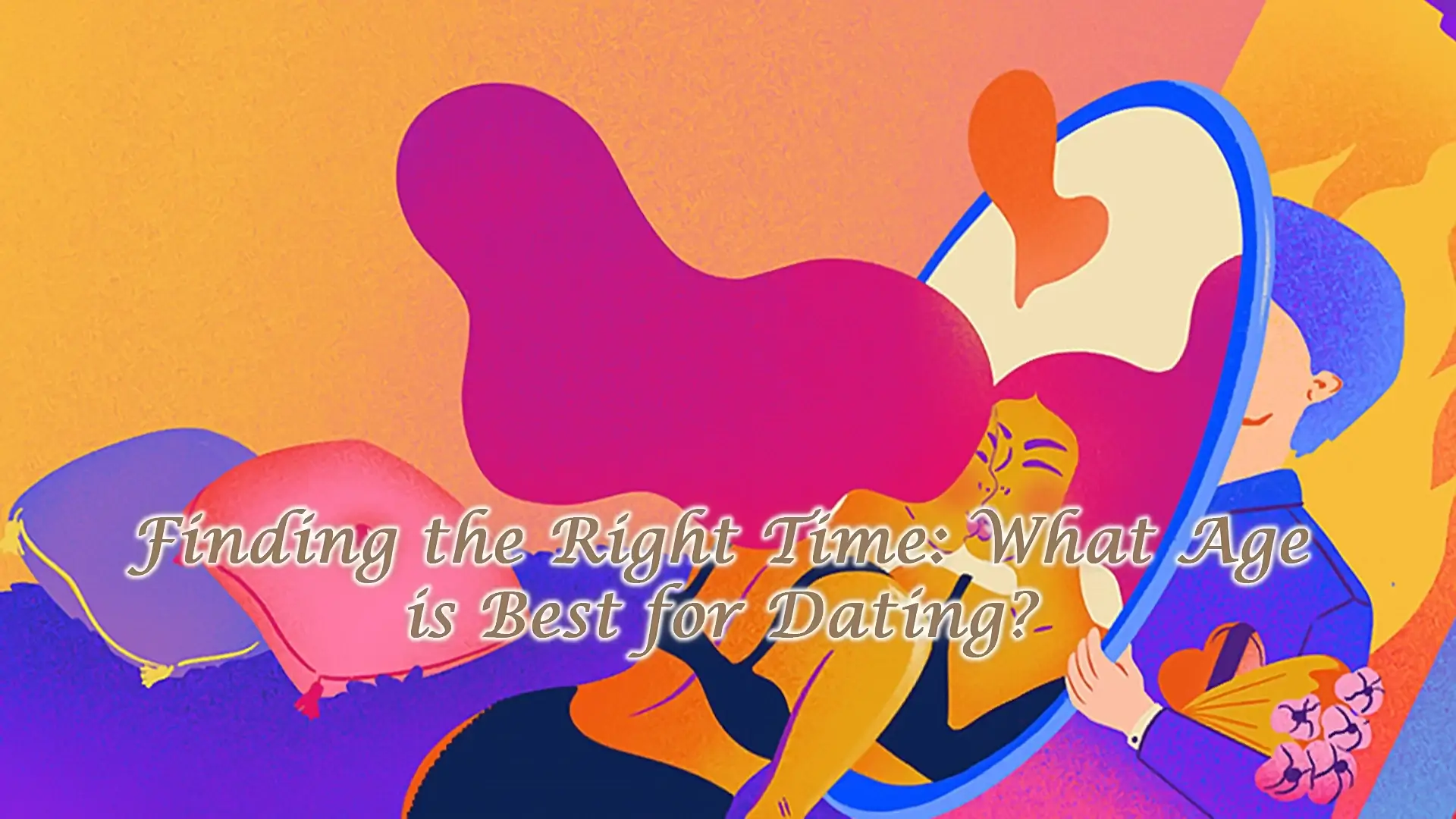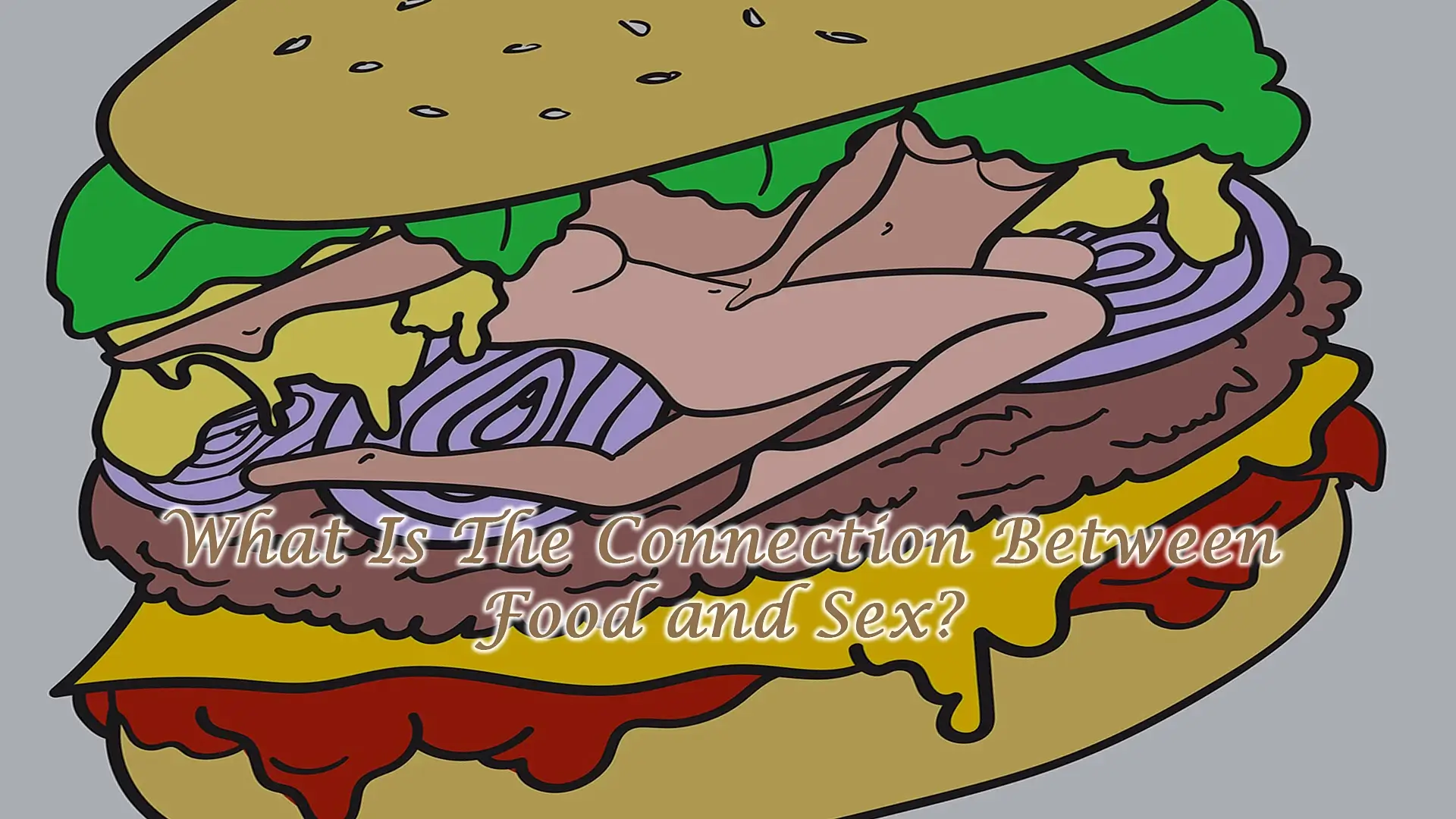Navigating Matters of the Heart: What Age is Best for Dating?
Dating is a rite of passage that varies across cultures and individuals. The question of what age is best for dating is one that has intrigued parents, educators, and psychologists for generations. While there is no one-size-fits-all answer, exploring the factors that influence the decision to start dating can shed light on the complexities of this social activity.

The Emotional Aspect
One crucial factor in determining the appropriate age for dating is emotional maturity. Emotional intelligence plays a significant role in navigating the ups and downs of romantic relationships. Adolescence is a time of rapid emotional development, and individuals mature at different rates. Some teenagers may be ready to handle the emotional complexities of dating, while others may benefit from waiting until they are more emotionally mature.
Parents and guardians can play a vital role in supporting emotional development. Open communication about emotions, healthy relationships, and self-awareness can help teenagers build the foundation they need to engage in dating responsibly.
Social Pressures and Peer Influence
The age at which individuals start dating is often influenced by societal norms and peer pressure. Adolescents may feel compelled to start dating because their friends are doing so or because society expects them to. This external pressure can sometimes lead to premature involvement in relationships, without the necessary emotional readiness.
It is essential for teenagers to be empowered to make their own choices rather than succumb to societal expectations. Encouraging individuality and teaching young people to make decisions based on their own values and comfort levels can help counteract the negative effects of peer pressure.
Academic Focus and Extracurricular Activities
Another aspect to consider is the impact of dating on academic performance and participation in extracurricular activities. Teenagers often have a lot on their plates, juggling school responsibilities, sports, and other commitments. Introducing dating into the mix can potentially distract them from their academic and personal goals.
Finding a balance between social activities and academic pursuits is crucial. Parents, educators, and mentors can guide teenagers in managing their time effectively, ensuring that dating does not overshadow other essential aspects of their lives.
Understanding Consent and Boundaries
A fundamental aspect of dating that transcends age is the understanding of consent and the establishment of boundaries. Teenagers need to be educated about the importance of clear communication, respect for personal space, and the ability to recognize and respond to the boundaries of others.
Waiting until an age where individuals are better equipped to navigate these nuances can contribute to healthier and more respectful relationships. Conversations about consent should be ongoing, emphasizing the importance of mutual understanding and the ability to say no without fear of judgment.
Cultural and Religious Influences
Cultural and religious beliefs can significantly impact the acceptable age for dating. Some cultures encourage early marriages, while others emphasize the importance of focusing on education and personal development before entering into romantic relationships. Understanding and respecting cultural and religious perspectives can help individuals make informed decisions about when to start dating.
Parents and community leaders play a pivotal role in imparting cultural and religious values to the younger generation. By fostering open dialogue, they can guide teenagers in aligning their dating decisions with the values upheld by their communities.
The Role of Technology in Modern Dating
In today’s digital age, technology has revolutionized the dating landscape. Social media, dating apps, and online platforms provide new avenues for meeting people. This technological shift raises questions about the impact of early exposure to online dating and the potential challenges it presents.
Parents and guardians should actively engage with their teenagers on the topic of online dating, discussing the potential risks and benefits. Establishing guidelines and boundaries for online interactions can help mitigate the potential negative effects of early exposure to digital dating.

And so
The question of what age is best for dating does not have a definitive answer. Instead, it is a nuanced and individual decision influenced by various factors, including emotional maturity, social pressures, academic commitments, understanding of consent, cultural influences, and the role of technology. Parents, educators, and mentors can contribute to the healthy development of teenagers by fostering open communication, providing guidance, and instilling values that empower them to make informed choices.
In navigating the complexities of dating, the emphasis should be on personal growth, respect for oneself and others, and the development of skills that contribute to fulfilling and meaningful relationships. Ultimately, the best age for dating is when an individual feels ready, supported, and equipped to embark on this journey with a sense of responsibility and self-awareness.




I appreciate the article’s recognition that there is no one-size-fits-all answer to the question of when to start dating.
any ages
It’s refreshing to see a perspective that goes beyond societal norms and considers individual readiness.
This article offers valuable insights into the ideal age for dating, emphasizing the importance of emotional maturity.
i think any age good for relationship